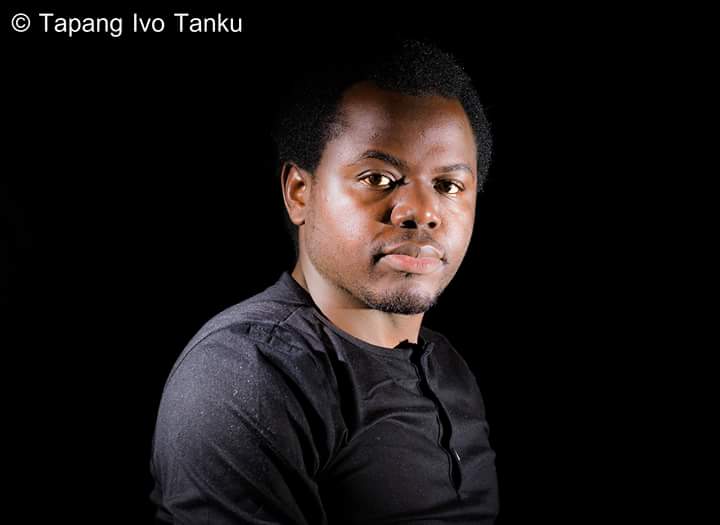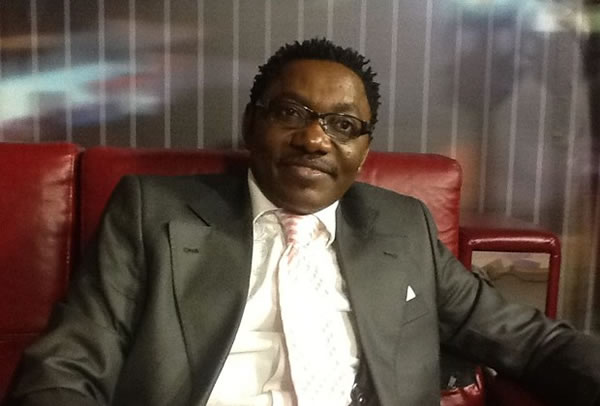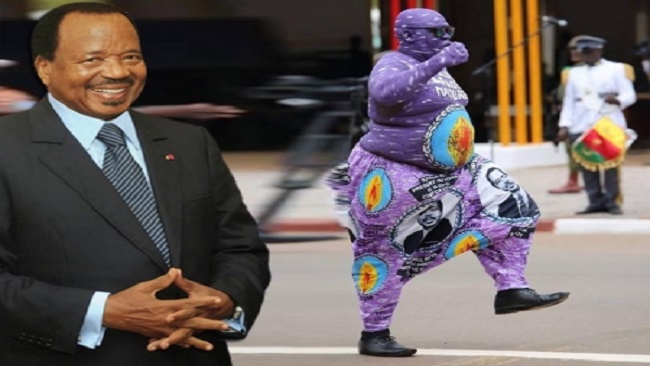For clarity, let me bring in Botswana, a tiny African nation. Cameroon and Botswana share stark similarities in their colonial pasts under the British rule. Both have the enormous amount of natural resources, with Cameroon gaining the upper hand as it is part of Gulf of Guinea, one of the richest oil Gulfs in the world with the lowest Sulfur content, according to the American Petroleum Index. At independence, Botswana was one of the poorest nations in the world – with a per capita GNP of $97 and almost no middle class or working class. Comparatively, Cameroon wasn’t bad at that time.
But Botswana’s turnaround has been sudden and remarkable since its independence. Little Botswana has had one of the highest average growth rates in the world, a high rule of law, political rights and civil liberties. All these transformations have taken place under a single-party system that has won every single election since independence. Why should Cameroon be different? There is no need to belabor the point that unlike Cameroon, Botswana, a leading world producer of valuable diamonds, and has never suffered from the “resource curse.” Why?
Scholars have substantiated claims that the political, economic and social successes in Botswana are thanks to protestant missionaries. When not supported by the state, these missions act independently and initiate mass education, printing, media, and civil society. And they also inculcated democratic skills through churches, church synods, and ecumenical conferences. Kindly recall that I once did a write-up on ecumenical services in which I advanced reasons why it contributes to promoting peace, stability and social cohesion for nations. So where does Cameroon square in?
Politics and religion are two concepts which can never be romance partners. But in Cameroon, they marry even in church, and some pastors and priests bless their union. Transparency International has twice ranked Cameroon as the most corrupt nation on earth. In 2013, when Cameroon’s President Paul Biya Cameroon’s ordered the closure of nearly 100 Christian churches in key cities, citing criminal practices organized by Pentecostal pastors that threaten the country’s security, that was only political posturing to me. The order worked only for a month and quickly died as I predicted. I documented evidence of pastors bribing government officials to stay in the business. Nearly 500 Pentecostal churches operate in Cameroon, but fewer than 50 are legal, state authorities claim.
Unlike the Catholics, Presbyterian, Muslims, and Baptists, Pentecostal churches have never built schools for the children, hospitals for the sick, or even rolled out sustainable development projects. Instead, they build ultra-modern churches, the size of a basketball stadium. Most pastors make a huge amount of money from exploiting their poor followers, and even sell blessed objects like “holy water.” I was once a seminarian and this is wrong.
The politicians, ministers, sanctioned state thieves, take the first few pews in most churches. Others lead Christian followership movements like the Catholic Men’s Fellowship, Catholic Women’s Fellowship, etc. It is no coincidence. The church has been monetized and politicized. Religious leaders fear to speak against bad governance and calling a spade a spade. Most poor people who feel intimidated in public offices when applying for a job or seeking a service, also feel intimidated by the rich in churches when praying to their God.
Failing the nation
When Biya closed down some churches in 2013, he did so because the churches were already preaching against the regime and telling their followers to stand firm against political, civil, social and economic vices. A Christian would listen to a pastor or priest most than a policeman working for the “eternal regime.” Biya had predicted doom for his 33-year rule if he did not quickly cripple the truth in churches, and choke the voices of religious leaders. Activities in churches in Cameroon are heavily monitored by spies of the regime, and only a pocket of religious leaders are fearless in telling their follower the truth.
Registering a church under the law in Cameroon is complex and cumbersome. It is a deliberate ploy by the regime to jail religion or keep it at its beck and call. That way, religion will be malleable under Biya’s rule. If churches followed the example of Botswana, religious leaders will contribute enormously in holding the government accountable on many fronts.
on many fronts.
Last year, Clinton Health Initiative (CHI), a charity organization run by Hilary Clinton, received up to $10 million USD from Cameroon Baptist Convention’s health board to fund the campaign of the U.S. Democrat, according to investigations revealed by the Daily Mail in the UK. Wikileaks has proven that the Clinton NGO is dubious. We are talking about the same Cameroon Baptist Convention that cannot admit sick persons into its hospitals if they do not have the money to foot their bills. What they can do best is receiving alms from the poor and giving back to their master – donors like the CHI.
So who is fooling whom? Tell the pastors and priests to stop feeding the souls and failing the nation.
Tapang Ivo Tanku
For BaretaNews





